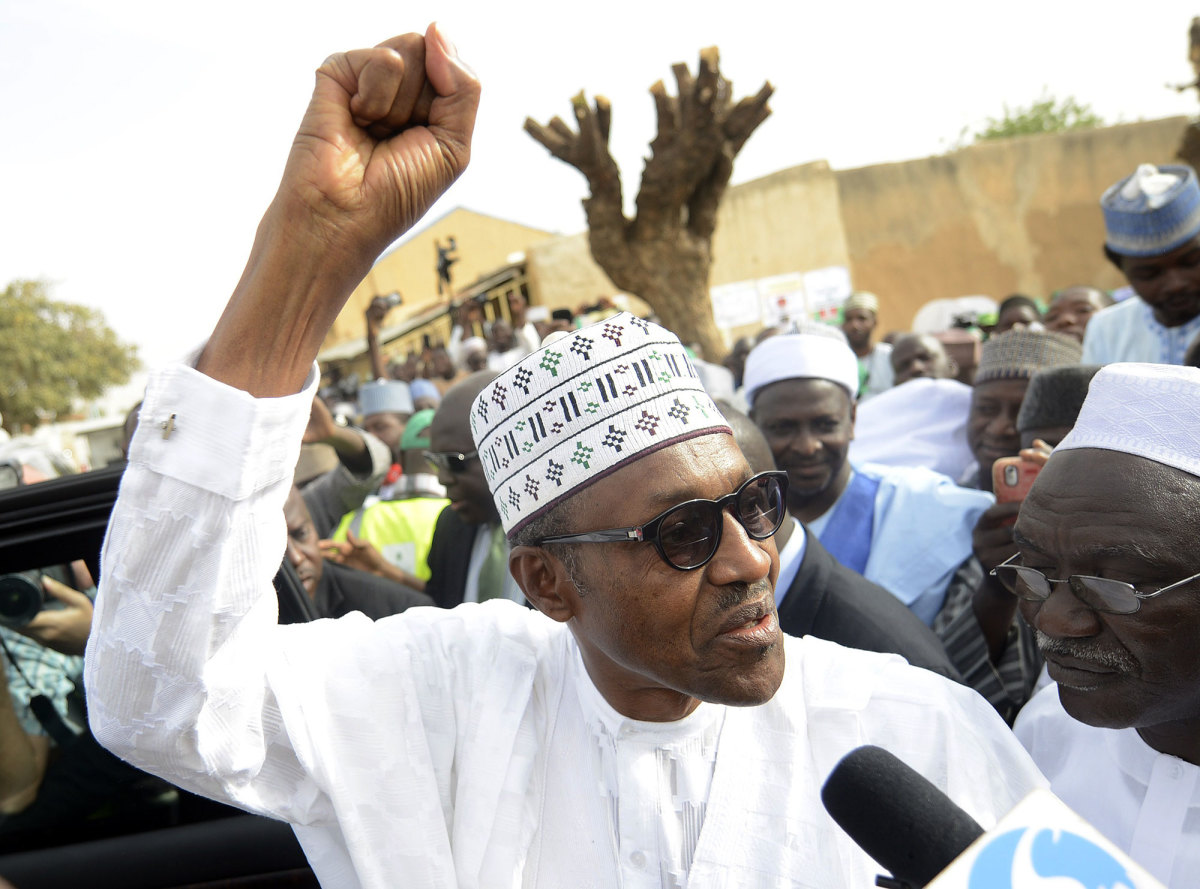[dropcap]I[/dropcap]n a New York Times op-ed by Muhammadu Buhari on April 14, 2015, titled Muhammadu Buhari: We Will Stop Boko Haram, Buhari wrote:
[pull_quote_center]“…How was it possible for this terrorist group to act with such impunity? It took nearly two weeks before the government even commented on the crime. This lack of reaction was symptomatic of why the administration of President Goodluck Jonathan was swept aside last month… What I can pledge, with absolute certainty, is that from the first day of my administration, Boko Haram will know the strength of our collective will and commitment to rid this nation of terror, and bring back peace and normalcy to all the affected areas…”[/pull_quote_center]
So what has been President Buhari’s record on the fight against Boko Haram? Between 2009 and when he took over power on May 29, 2015?
The Facts: Before Buhari took office, there were 14,000 deaths associated with Boko Haram terrorist attacks, an average of about 180 deaths per month. Since May 29 till September 30, 2015, as reported by Agence France-Presse (AFP), Boko Haram has killed 1,260 Nigerians, an average of 315 deaths per month, and a 75% increase in monthly death rate.
On our Independence Day, October 1, under the watch of our tough-talking retired general and Commander-in-Chief, two bombs went off in Maiduguri killing at least 14 Nigerians.
The day after, October 2, another set of bombs exploded at a market, police station, and a bus station, in the nation’s capital, killing 15 and over 40 injured. The 2015 Independence Day bomb blast was the first since the 2010 Independence Day blast that claimed 12 Nigerian lives.
On the Chibok school girls matter, Buhari also made a commitment, in his New York Times op-ed, he wrote:
[pull_quote_center]
“…I say to every parent, family member and friend of the children that my government will do everything in its power to bring them home.”
[/pull_quote_center]
But, recently, at a press conference, in Lagos, the acting director of Defence Information, at Nigeria’s Military Headquarters, Abuja, Col. Rabe Abubakar, said:
“…We have continued to make rescue efforts, and we will do all within our powers to bring the girls. However, we will not rush to do this. It requires diligent intervention and a high-level operation to rescue the girls. In due time, every captive of Boko Haram will be release.”
This comment is not sitting well with Nigerians. An online commentator who is called, Smart G, captured the sentiments of many Nigerian when he said on the comments section of the news report in Punch:
[pull_quote_center]“This is the most callous statement ever in the history of Nigeria. Over 500 days in captivity and some people think it doesn’t matter. And there is no need for “rush”?”[/pull_quote_center]
The lack of seriousness and commitment of this noisemaker’s brigade to defeat Boko Haram, was in full global display when at the 70th United Nations General Assembly meeting focused on Boko Haram, the Nigerian government was absent. Reuters reported the disappointment expressed by diplomatic of Western countries at the event. The article said:
[pull_quote_center]“Although Boko Haram insurgency is largely Nigeria’s problem, President Muhammadu Buhari and his delegation were absent at a United Nation’s meeting to discuss and proffer solution to the problems of Internally Displaced Persons (IDPs) in the country… to the disappointment of US and European Union diplomats..”[/pull_quote_center]
Reacting to this monumental blunder, the President’s spokesman, Shehu Garba said:
“…The meeting at which Nigeria was reportedly absent was not one the official events of the United Nations for which President Muhammadu Buhari and his modest delegation are in New York.”
Again, overwhelmingly, Nigerians were not impressed as expressed by a responder in the Vanguard newspaper, Omo Lagos, who said:
[pull_quote_center]“Garba Shehu should realize that we are not all fools in this country. His explanation for obvious dereliction of duty by the Nigerian delegation is to say the least naive. This is what you get when, appointments are based on nepotism and tribalism. Who told him that the meeting was unofficial. What they succeeded in conveying to the whole world is that we are a nation of unserious people.”[/pull_quote_center]
From all empirical evidence, Buhari’s track record on defeating Boko Haram doesn’t inspire confidence.
The indices for success are heading in the wrong direction, and CHANGE is therefore imperative, now, or else the change we will be left with, is that in our wallet, if we are lucky.
Edward Oparaoji is a professor of pharmacy and chairman, Nigerian-American Leadership Council, a Washington DC Based think-tank. Connect with him on Facebook.
The opinions expressed in this article are solely those of the author.







